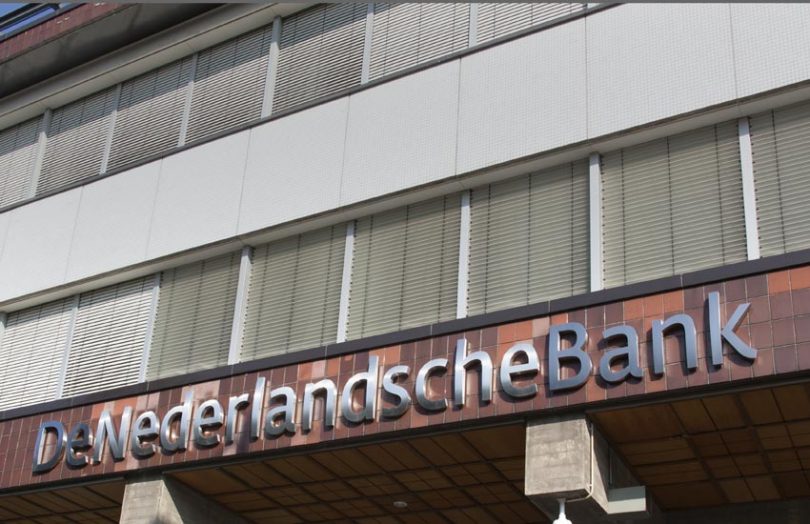Yesterday, the central bank of the Netherlands, De Nederlandsche Bank (DNB), published a bulletin in which it says it wants to play a leading role in central bank digital currency (CBDC) within the Eurosystem. At the same time, it released a CBDC report which makes the argument that if there is no CBDC, then private payment platforms will eventually replace public cash. So a CBDC maintains the public role of money.
For example, during the COVID-19 crisis, retailers and consumers have leaned towards non-cash, which effectively means greater use of private commercial bank money.
Hence a CBDC could create diversity in payments as well as potentially enabling cross border payments to be more efficient.
The bulletin confirms that, like other countries, the Netherlands has experienced declining demand for cash. It also acknowledges that Facebook’s Libra was a wake-up call to flaws in current payment systems.
A quick read of the report seems to imply that the DNB leads towards account-based CBDC as opposed to token-based. This could be a disadvantage in a future blockchain saturated world.
Ultimately a digital Euro is the responsibility of the European Central Bank (ECB), which is actively exploring digital currency along with five other central banks outside of the EU as well as its ongoing Project Stella work with the Bank of Japan.
Other European banks that are active with CBDC include the French central bank, which is experimenting with a wholesale CBDC, and the Lithuanian central bank, which issued a digital collectible and published a review of central bank CBDC activity.
Meanwhile, China is taking steps towards launching its CBDC, which now looks like it will be before mid-2021. And the demands for a Digital Dollar are growing.







